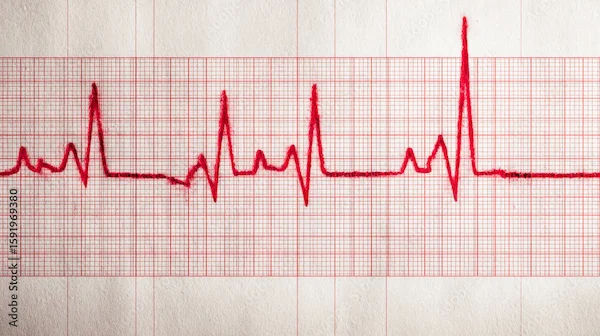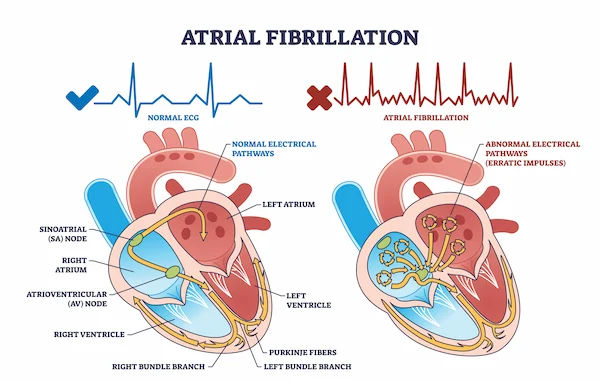- Male
- 35 Years
- 07/02/2025
I've got a situation with my aunty that's worrying me a bit. She's been having chest pain and even though the doctor said her ECG and 2D echo are normal, the TMT showed some changes. She's 46, and I'm just wondering what this could mean? Should we be concerned about the TMT results despite the other normal tests? Any insight you could give would be really appreciated.
Answered by 1 Apollo Doctors
Hello, based on the information provided, it seems like your aunt is experiencing chest pain despite normal ECG and 2D echo results. In this case, the doctor may consider prescribing anti-anginal medications to help with the chest pain. One common medication that can be prescribed is "Nitroglycerin" sublingual tablets, to be taken as needed for chest pain. The usual dosage is 0.3 to 0.6 mg sublingually every 5 minutes as necessary, up to 3 doses. Additionally, the doctor may also consider prescribing medications like "Beta-blockers" such as Metoprolol, starting at a low dose of 25 mg once daily and titrating up as needed. These medications can help manage chest pain and improve symptoms.
Dr. Chandra Suggests...
Consult a Cardiologist
Answered 04/07/2025
0
0

More Cardiology Health Queries
View allI've been having this chest pain and heaviness, and sometimes it feels like I'm short of breath, especially when I'm walking. I got an ECG and a chest x-ray, and they came back normal. I went to a nearby clinic just a couple of days ago for the same issue. I can't help but think I might have angina, but no doctor has confirmed this. They usually just check my pulse rate and listen to my heartbeat with a stethoscope and tell me everything's fine. Should I be worried about this, or can I trust the tests and what the doctors have said so far? Would love some guidance!
Since your symptoms are persisting, it's important to consider other causes of chest pain apart from heart-related issues. One common condition that can cause similar symptoms is acid reflux or GERD. You can try taking Omeprazole (brand name Prilosec) 20mg once daily before breakfast for 2 weeks to see if your symptoms improve. Additionally, you can also take Ranitidine (brand name Zantac) 150mg twice daily for immediate relief of chest pain. However, if your symptoms persist or worsen, it's advisable to consult a gastroenterologist for further evaluation and management.
Answered by 1 Apollo Doctors
What vegetables are good for lowering blood pressure?
Green leafy vegetables
Answered by 1 Apollo Doctors
I've recently found out that my total cholesterol is 240, and my LDL cholesterol is 189. Should I be worried about these levels? Is it necessary for me to start taking medication to lower them, or can I manage it through other means? I'm aware these numbers are higher than normal, but I'm not sure I can stick to a strict diet. What do you recommend?
With a total cholesterol of 240 and LDL cholesterol of 189, it is considered high and can increase your risk for heart disease. In this case, medication may be necessary to help lower your cholesterol levels. I recommend starting with a statin medication such as Atorvastatin (Lipitor) at a dosage of 10-20 mg daily to help lower your cholesterol levels. It is important to follow up with your healthcare provider for monitoring and adjustments as needed.
Answered by 1 Apollo Doctors
Disclaimer: Answers on Apollo 247 are not intended to replace your doctor advice. Always seek help of a professional doctor in case of an medical emergency or ailment.





